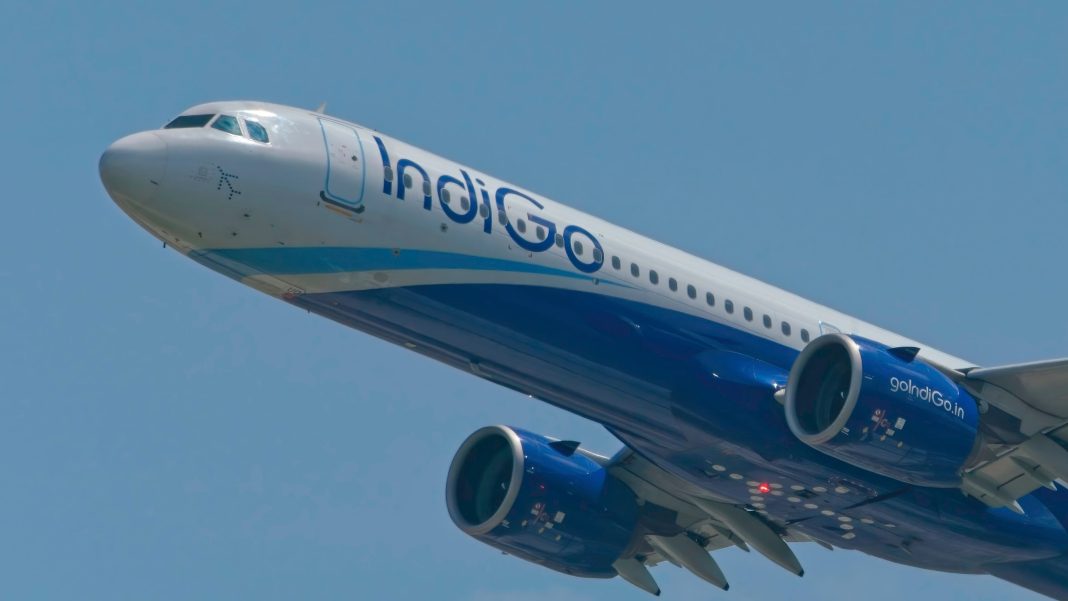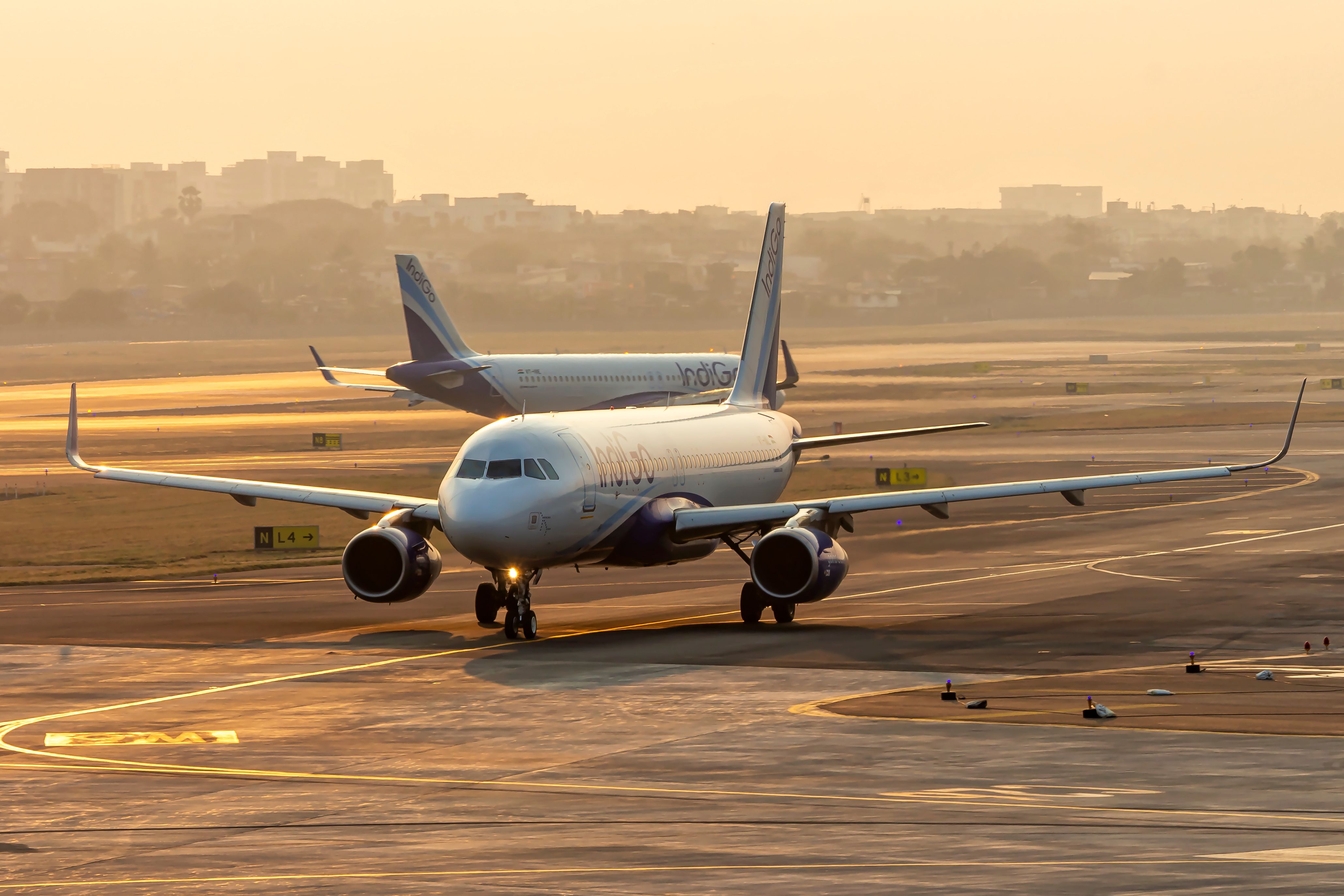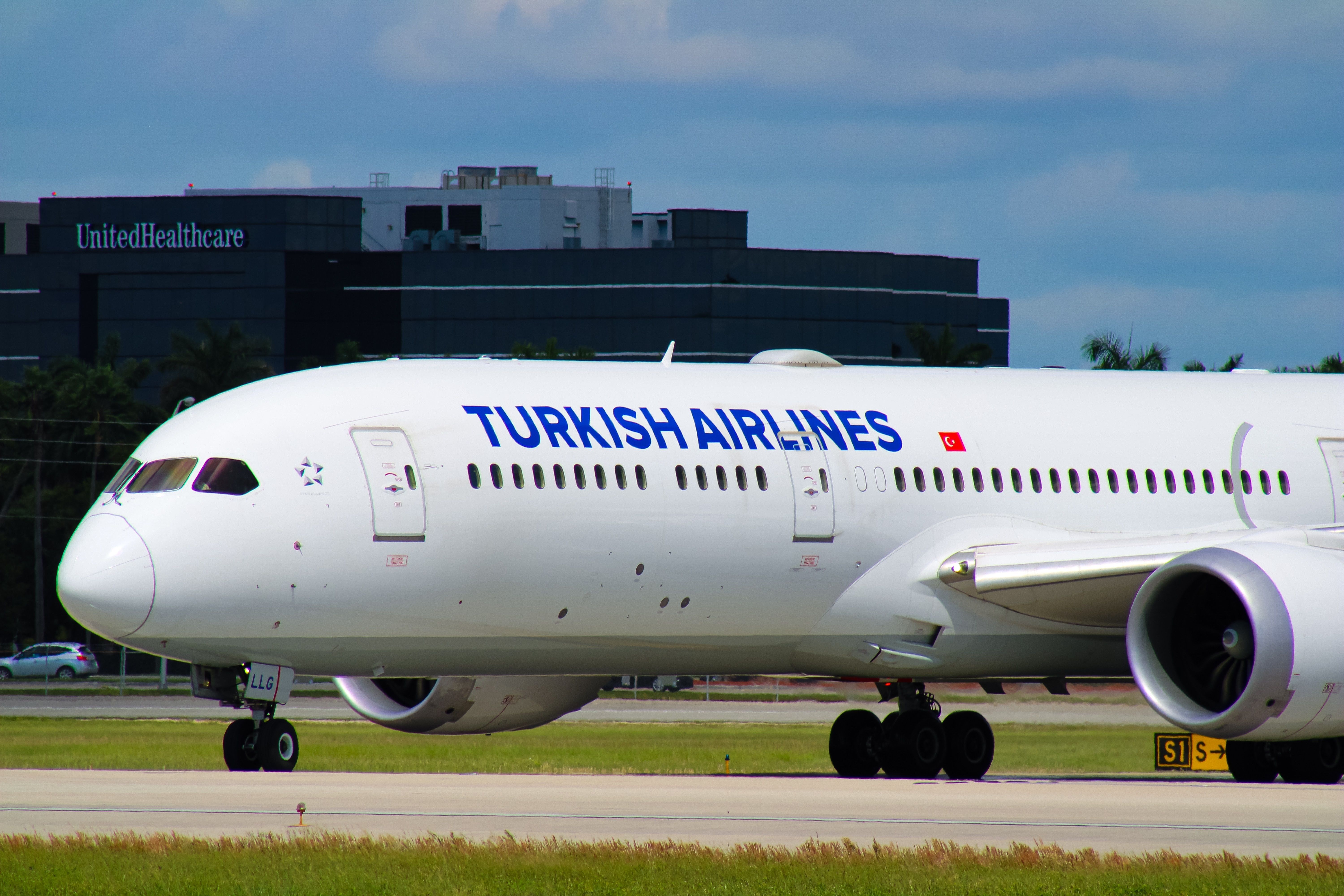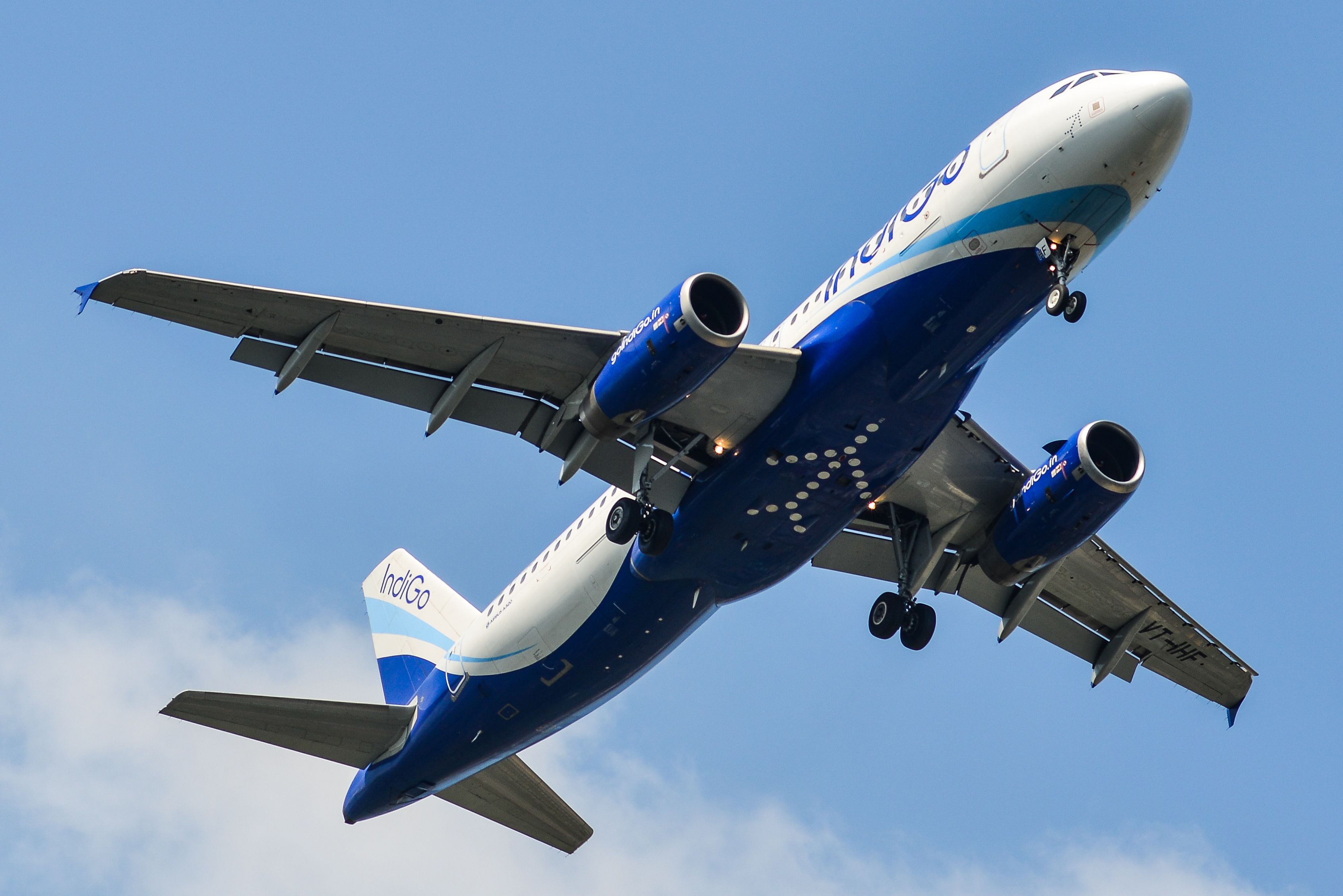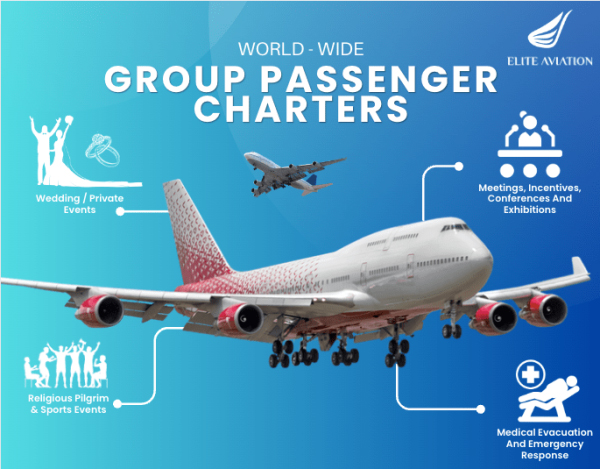While much is spoken about IndiGo’s complete dominance in the Indian domestic market, the airline has been actively pursuing international ambitions. Indian carriers other than Air India have mostly been restricted to medium-haul overseas destinations due to their aircraft size and range restrictions. And while IndiGo has the same limits with its current fleet, its partnership with Turkish Airlines and future fleet expansion plans tell a different story.
Codeshare
Codeshare agreements between airlines have existed for years, and IndiGo is no exception. The budget carrier, in fact, has codeshare partnerships with several global carriers. But its association with Turkish Airlines is slightly special.
Photo: BoeingMan777/Shutterstock
With Turkish, IndiGo has access to a much larger pool of destinations across a wider geographical region. The airline’s partnership with Turkish has gone beyond just codeshare, with Turkish Airlines also providing IndiGo two Boeing 777s on wet lease (more on that later).
IndiGo’s communications department has been busy making several announcements in the last few months about gaining access through codeshare partnership to new European destinations (Switzerland, Portugal, Greece, Belgium, the UK, Israel, Austria, and France, among others) and, more recently, Morocco. Many of these places could eventually be part of IndiGo’s network in the future once it inducts compatible aircraft into its fleet.
Photo: Unaccompanied Media I Shutterstock
Then came the announcement of an agreement to explore Turkish Airlines’ US destinations. Through its codeshare partnership, IndiGo connects to New York, Boston, Washington, D.C., and Chicago. And while IndiGo’s current fleet plan does not accommodate these cities to be a part of its own network, there have been enough rumors of IndiGo contemplating having widebody aircraft of its own in the future.
Taste of long-haul operations
IndiGo’s partnership with Turkish Airlines entered a new phase when Turkish’s two Boeing 777s made their way to India to perform flights for IndiGo. This served two purposes: it addressed IndiGo’s capacity issues after a part of its fleet got grounded due to P&W engine issues, and it also gave the budget carrier a front-row seat to widebody jet experience and an opportunity to look at its own potential capabilities.
IndiGo’s CEO Pieter Elbers spoke about this with Aviation Week, saying that IndiGo’s partnership has allowed it to explore far-off destinations, something that the airline is keen on doing with its own future fleet of long-range Airbus A321XLR. He said,
“… We are operating two [Boeing] 777s to Istanbul, one out of Delhi and one out of Mumbai, with a Turkish cockpit crew and our cabin crew. This is a first for IndiGo. As we have no 777s in our fleet, we needed their support…
“… We will get the Airbus A321XLR in 2025. With those aircraft, we can fly well into Europe, so cities like Frankfurt can be reached. For today, the Turkish codeshare allows us to spread our wings in Europe. When we have the XLR and fly to a dozen or more European destinations, we will be in a totally different game…”
Photo: Phuong D. Nguyen | Shutterstock
Only time will tell if IndiGo can find the right balance of product, comfort, service, and affordability with its future long-haul operations, particularly with the growing competition of an invigorated Air India. But given its track record of mostly sound business decisions, it might just pull it off.
What are your views on this? Please leave a comment below.
With inputs from Aviation Week
[ad_2]
Source link
